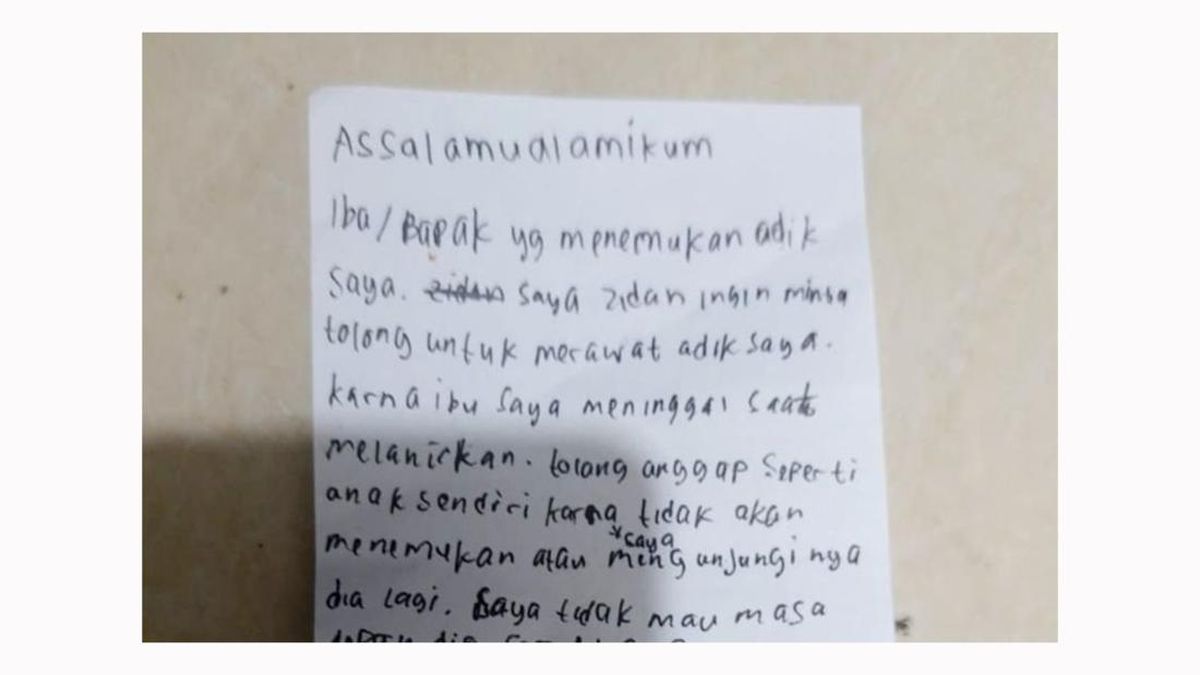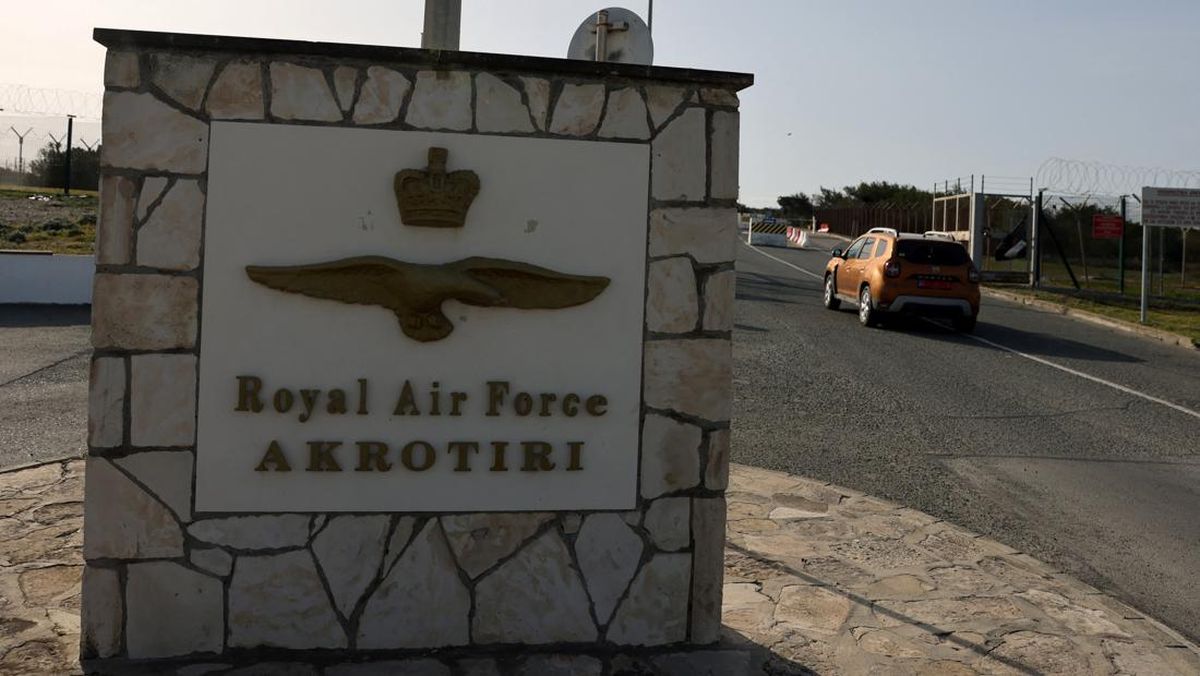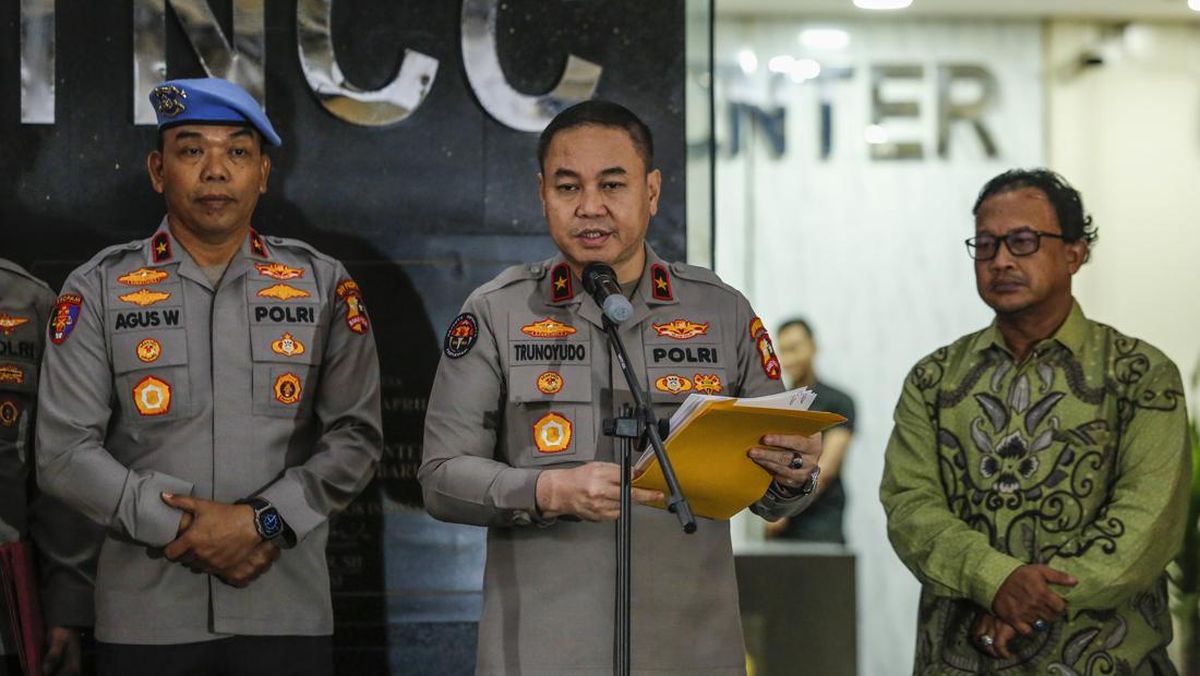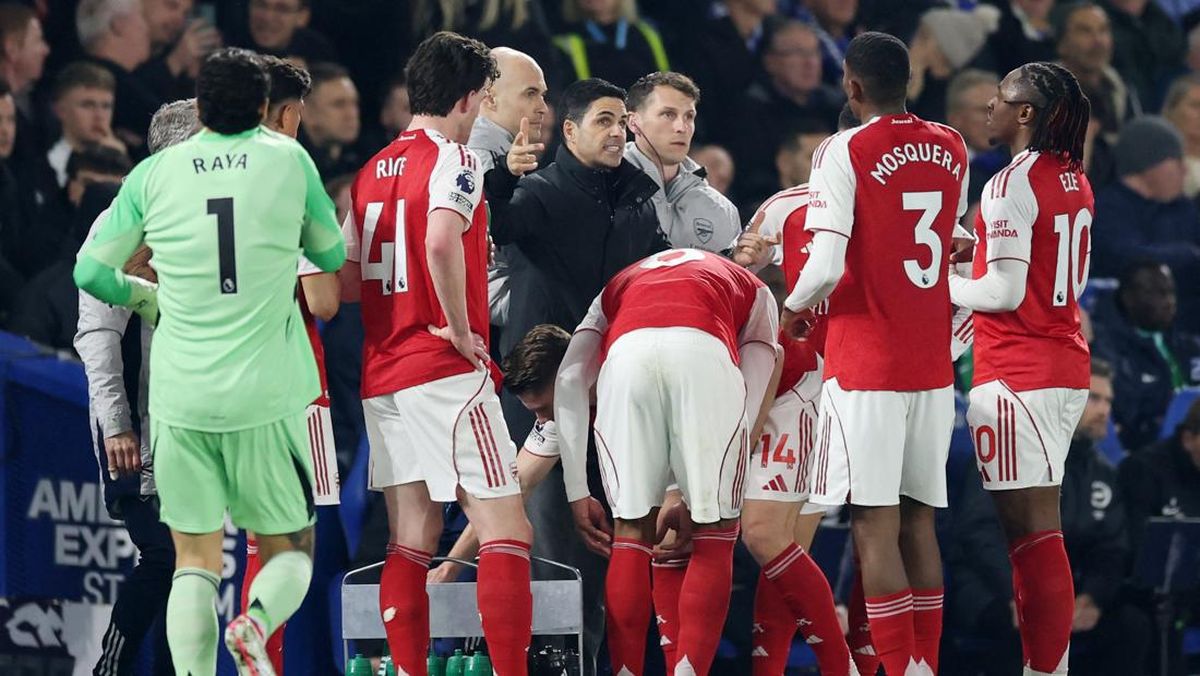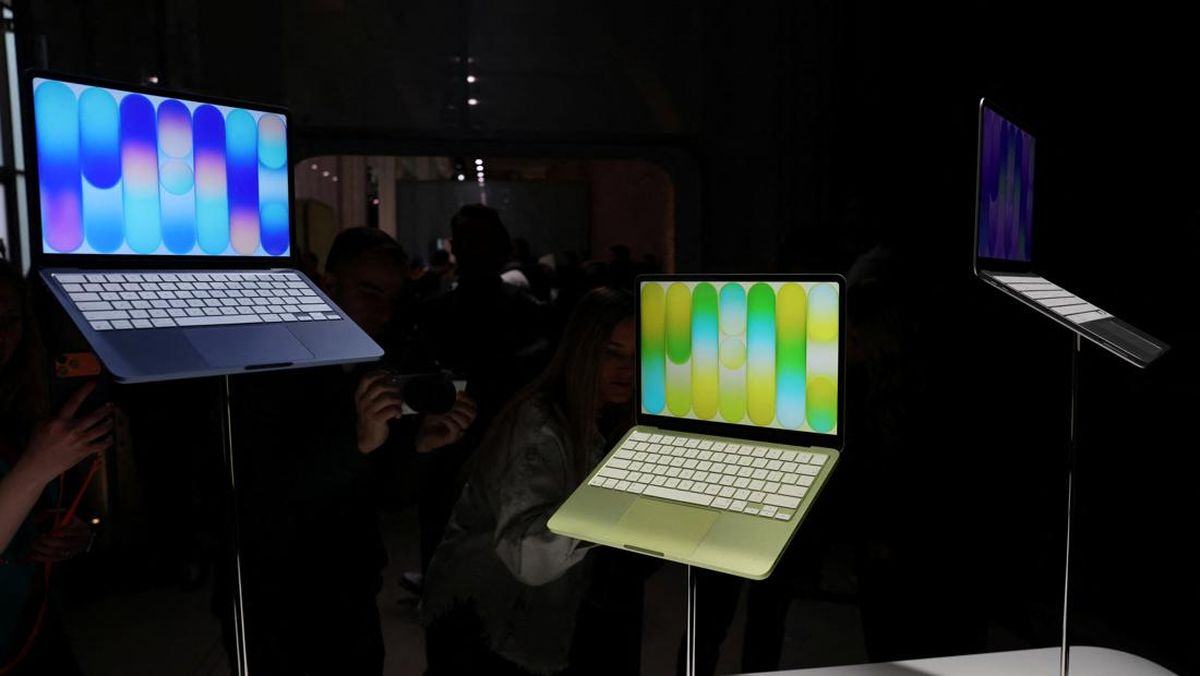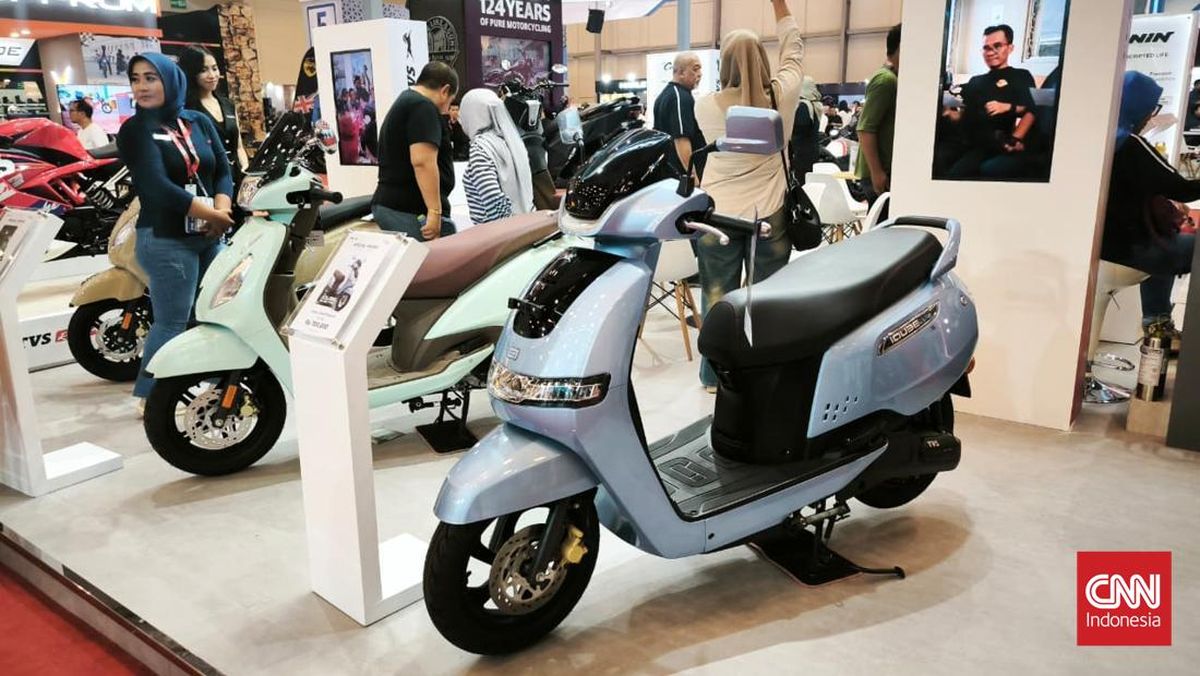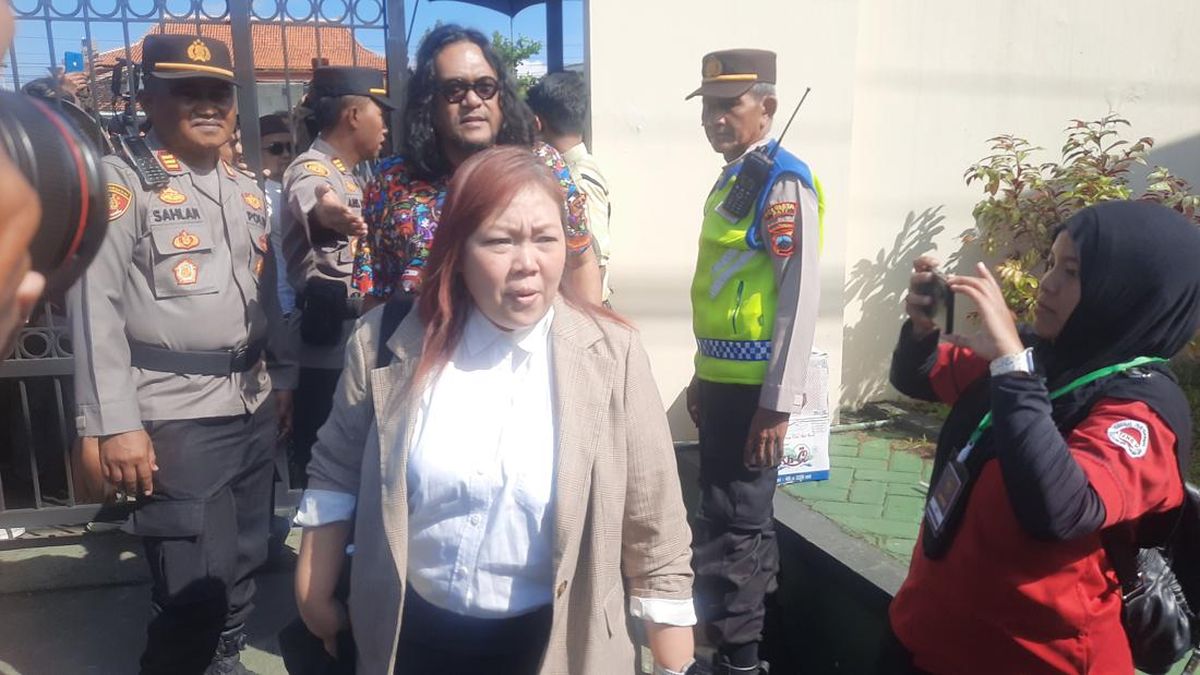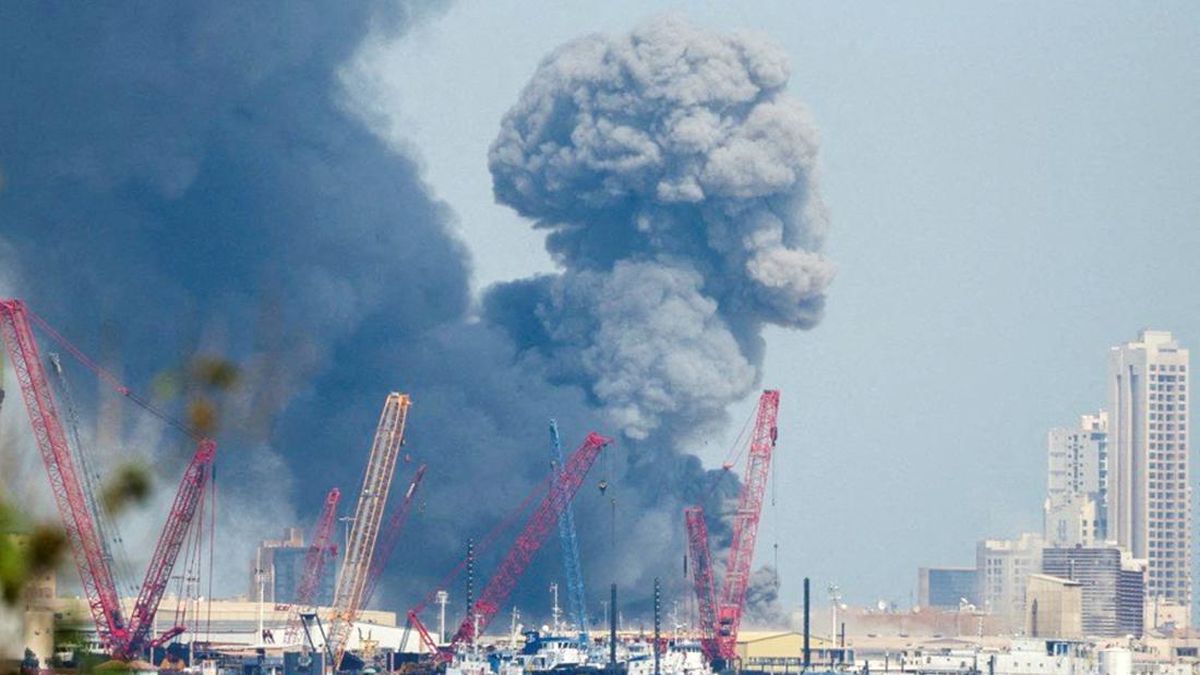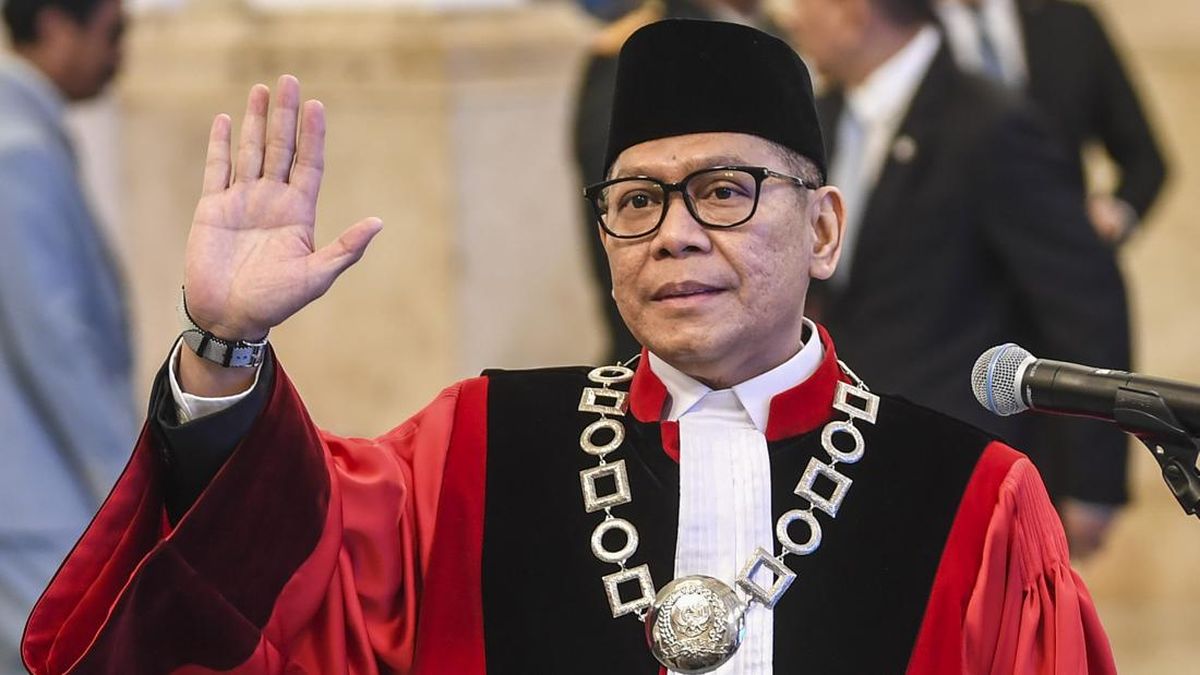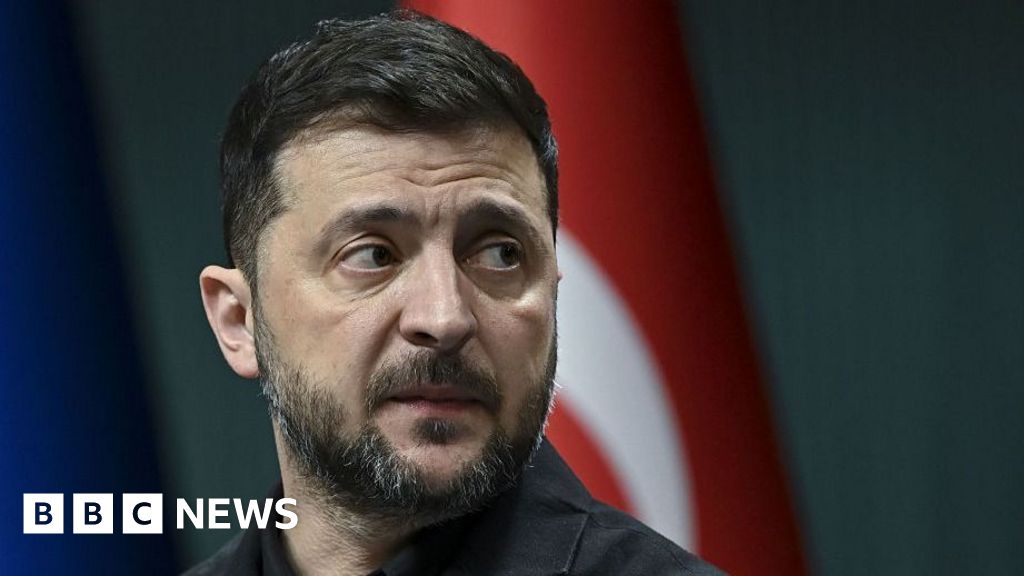Taipei — Images of Taiwanese President Lai Ching-te holding a plate of sushi were posted on social media on Thursday in a show of support for Tokyo after reports that China will halt Japanese seafood imports.
The row between Japan and China was triggered by new Japanese Prime Minister Sanae Takaichi suggesting this month that Tokyo could intervene militarily in any attack on Taiwan.
China claims democratic Taiwan as part of its territory and has threatened to use force to bring the self-ruled island under its control.
Lai, an outspoken defender of Taiwan's sovereignty who is often sharply criticized by Chinese officials for his stance, has accused Beijing of "severely" affecting regional peace in the escalating spat.
A photo of a smiling Lai holding a plate of sushi was posted on his Facebook page.
"Today's lunch is sushi and miso soup," a message posted with the photo said, along with the hashtag #Yellowtail from Kagoshima and scallops from Hokkaido.
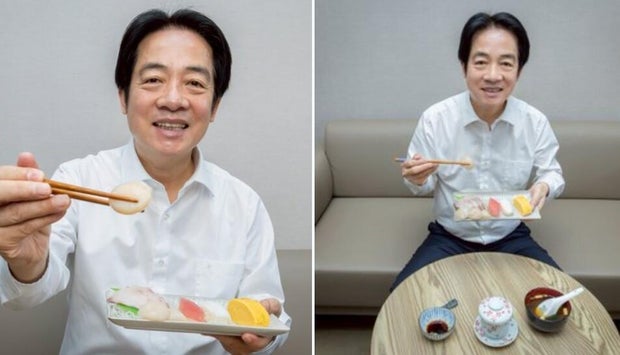 Photos posted on social media by Taiwanese President Lai Ching-te, Nov. 20, 2025, show him eating what he described as a lunch of sushi and miso soup from Japan.
X/Lai Ching-te
Photos posted on social media by Taiwanese President Lai Ching-te, Nov. 20, 2025, show him eating what he described as a lunch of sushi and miso soup from Japan.
X/Lai Ching-te
Similar photos were posted on Lai's X account, with the message and hashtag written in Japanese.
A video of Lai suggesting to followers that now "might be a good time to eat Japanese cuisine" was also shared on his Instagram page.
"It fully shows the strong friendship between Taiwan and Japan," Lai said as he held the plate of sushi.
China's foreign ministry branded Lai's posts a "stunt."
The posts followed media reports in Tokyo on Wednesday that China will suspend Japanese seafood imports. Neither government has confirmed the move.
China has already summoned Tokyo's ambassador and advised its citizens against travel to Japan after the clash over Takaichi's comments. The release of at least two Japanese movies will also be postponed in China, according to state media.
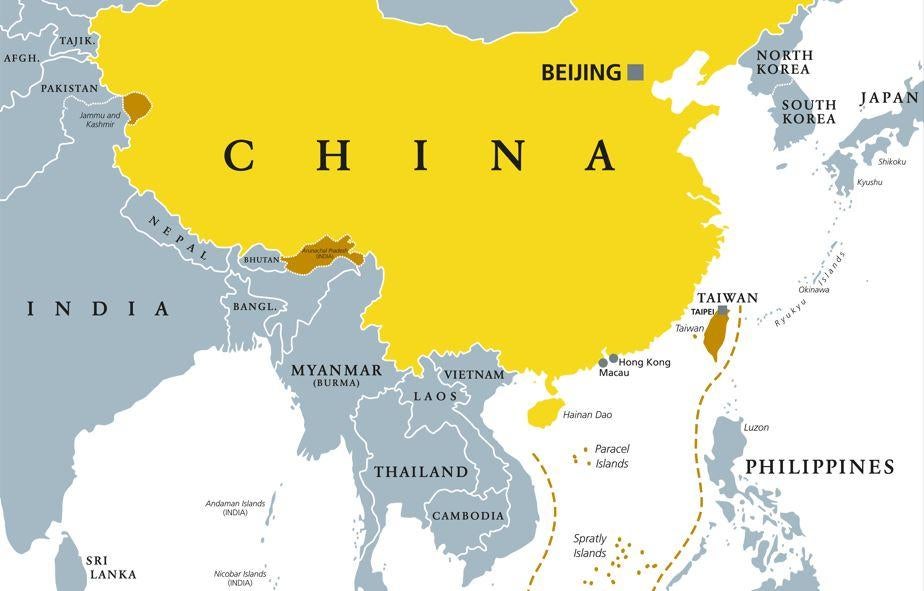 Mainland China and territory controlled by the Chinese government is show in yellow, while territory claimed by, but uncontrolled by Beijing, including Taiwan, is depicted in brown on this map.
Getty/iStock
Mainland China and territory controlled by the Chinese government is show in yellow, while territory claimed by, but uncontrolled by Beijing, including Taiwan, is depicted in brown on this map.
Getty/iStock
On Monday, Japan said it scrambled aircraft after detecting a suspected Chinese drone near the southern island of Yonaguni, which is close to Taiwan, over the weekend.
Chinese foreign ministry spokeswoman Mao Ning said on Thursday that Japan should "behave with dignity" and take "concrete actions," including retracting Takaichi's statement, to repair ties.
"Simply asserting that its position (on Taiwan) remains unchanged does nothing to address China's concerns," she said at a regular news conference.
U.S. ambassador to Japan George Glass vowed that Washington would stand by Tokyo during the dispute.
"Coercion is a hard habit to break for Beijing," Glass wrote Thursday in a social media post. "But just as the United States stood by Japan during China's last unwarranted ban on Japanese seafood, we will be there for our ally again this time."
Japan's Chief Cabinet Secretary Minoru Kihara said last week his country's position on Taiwan was "unchanged" despite Takaichi's remarks.
Taiwanese Foreign Minister Lin Chia-lung said the Chinese Communist Party (CCP) "has used tactics such as economic coercion and military intimidation to bully other countries" but urged Taiwanese to travel to Japan and buy Japanese products.
"At this critical moment we must support Japan to be able to stabilize the situation, to stop the CCP's bullying behavior," he said on Thursday.
CBS News foreign correspondent Anna Coren said Wednesday that there was no apparent off-ramp manifesting to ease the tension between Tokyo and Beijing. Japan sent a senior diplomat to Beijing for talks on Tuesday, but there was no significant progress to ease the bilateral standoff.
Japan's prime minister clashes with China
Japan's new prime minister clashes with China over Taiwan comments
(02:23)

